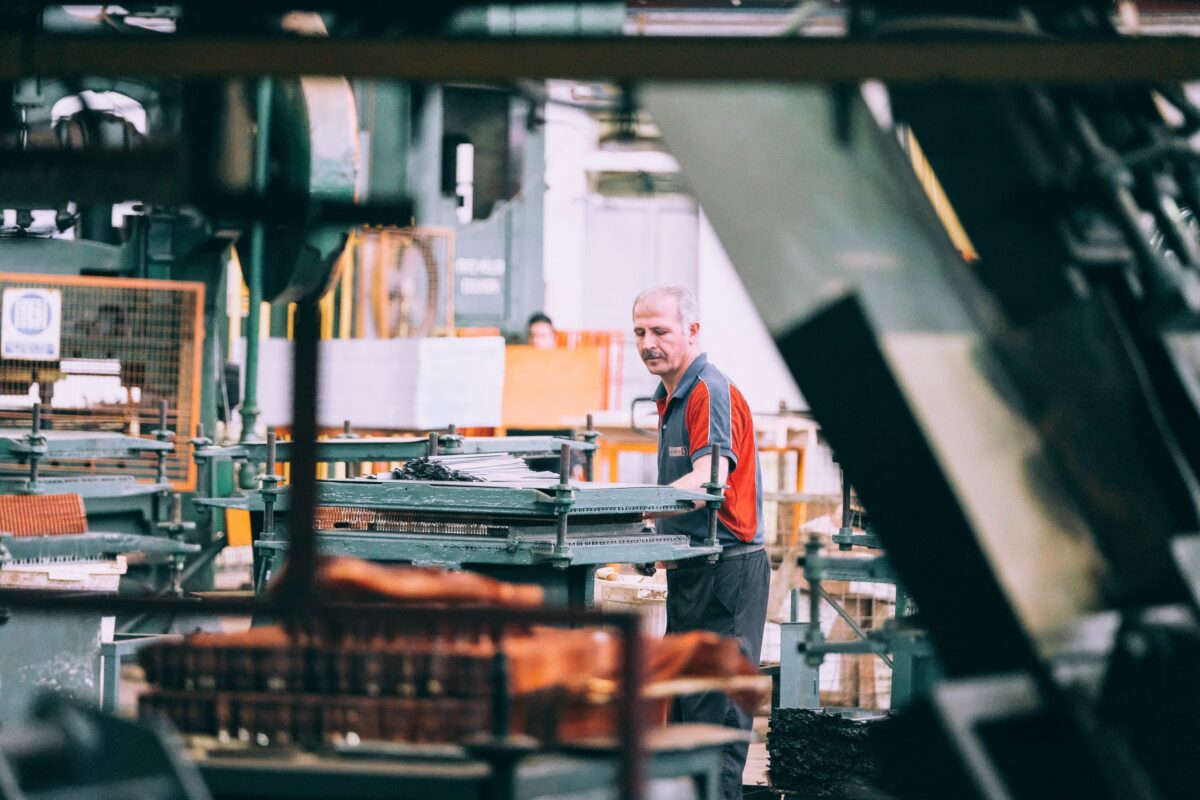Becoming a High Growth CPG Brand
So you’ve started a consumer packaged goods (CPG) brand and you’ve had some initial success with your product, but you want more. You want to figure out how to reach that high growth success and become THE product everyone is buying and talking about. But how do you accomplish this outside of having an amazing consumer goods product?
One strategy forward is by hiring a CPG broker. Generally speaking, a broker is an intermediary or a “go-between,” but a good one can be so much more valuable than this cursory definition. A good CPG broker will essentially give you access to the industry connections and relationships you need to propel your brand forward and bring it into your most highly desired spaces. In this article, we will touch on why a broker can be the key to your growth, how to make the most of broker-brand relationships, as well as 5 of our top recommendations to get you started on the right foot.
Why Are Brokers Important?
So we’ve told you hiring a broker could be the key to your growth goals, but let’s take a quick look at why they can be so pivotal in your CPG brand’s success. Beyond their sales savvy they can offer quite a few benefits to your business including the following:
- Brokers have a near-encyclopedic knowledge of large chains, local stores, and other industry retailers. So while you may be the expert on your brand and likely your competitors they know what retailers are looking for and what value proposition to hit them with when they pitch your product.
- Similarly, the right broker will have industry connections aligned with your goals from having great contacts at your ideal grocery chain to knowing industry professionals with leads on where to pitch next.
- A broker is like a negotiating ninja, and they should be this is a MAJOR part of their role. They need to be able to sell your product to buyers at an ideal deal for you (and the buyer) and then once a retail relationship has been established they go up to bat for you as needed to ensure you can keep (and grow) your shelf space.
- In addition to landing you space on a shelf, brokers often provide support with your product marketing, promotional offers, and even setting up in-store demonstrations to further boost awareness around your brand, bring in new customers, and help you meet sales goals.
- Finally, and maybe one of the most important benefits of a broker is that they’re like an extension of your company. They allow you to focus on your business strategy while also adding reach and expertise to your internal team.
How to Make the Most of a Broker Relationship? 
It’s pretty obvious at this point that a broker can be a game-changer for your product-based business, but there is more to a good broker-brand relationship than meets the eye. This isn’t simply a hire a broker and reap the benefits type of situation. You will definitely need to do some groundwork to reap the real benefits of your broker relationship.
Choose the Right Broker
Word of mouth in business is like the holy grail, and it’s no different when it comes to choosing the right broker. The best place to start is going to be by seeking referrals from trusted sources on the brokers they would recommend. If you’re part of an industry association or maybe you’re attending an upcoming consumer goods conference, ask around and see what firms and brokers people are familiar with in your space.
Once you have a few referrals, think of the next phase of the process like a job interview. Ask the broker about their current clients and what they’ve achieved for them, do they represent any competitors, and do they specialize in a specific region of the US or your industry. While you’re conducting your interview keep in mind both your short- and long-term goals and how the broker your chatting with could help you with both areas.
Help Them Be an Expert
Nobody knows your business, your industry, and your product like you do. BUT you will need to impart this knowledge to your broker once they’ve been hired so they can properly advocate for your brand and have your full value proposition top of mind. Of course, you’re going to be sharing a lot of data and product information with your broker upfront during onboarding, but make sure that the focus of this information dump is on actionable insight.
AND once you’ve built the foundation of your relationship, think of it as a two-way street. You’re always going to be on the front lines of your product from receiving new customer insight to creating regular valuable marketing collateral. Make sure your broker has access to the most up-to-date information so they can position your company in the best light possible.
Set Clear Expectations
The basis for every good business relationship is setting clear expectations from the get-go. At the start of your relationship, you should outline for your broker exactly what you expect them to achieve and how that fits into your targets and goals. In addition to being very upfront about your expectations, include a timeline for them as well. For example, in Q4 you may like to focus on pushing product A because it is a seasonal holiday item, but once the first of the new year hits you’re launching a new product and want to pivot sales there.
This clarity will help keep you and your broker on the exact same page for actionable objectives and will give each of you something to measure progress against.
Ongoing Management
Just like any outsourced vendor that you hire it is your responsibility to manage that ongoing relationship. Set up a regular cadence of check-in meetings to learn what your broker has been doing for you behind the scenes and track progress towards your goals. These check-ins will help you both build trust in each other and set the stage for plentiful open communication. They will also make it simple to update your broker on new products and new goals, and help you both course-correct as needed.
What Makes a Good Broker?
We’ve already touched on this a little above but it’s worth repeating. What makes a good broker is aligning the broker that you choose with your product and goals. If you’re an organic tea company looking to get into big grocery retailers in Colorado, working with a broker that specializes in beer sales in Northeast Ohio is unlikely to help you reach your goals. That doesn’t mean this broker isn’t a good broker, but it does mean they’re not a good broker for you.
To make sure you hire a good broker it is essential to do your research upfront before hiring to confirm they have the best chance of helping you grow your brand’s presence. To help you on your path to identifying a CPG broker just right for your business, here is a list of the top 5 brokers our clients have found success with that you may find helpful too.
The Top 5 CPG Brokers We Recommend
- Good Now Foods based in California and specializing in organic, non-GMO, and clean foods.
- Green Spoon Sales based in Colorado and specializing in natural food and beverage brokerage.
- Impact Group LLC based in Idaho and specializing in fresh, natural, and multicultural CPG brands.
- Brangea based in Texas and specializing in consumer goods.
- EnE Sales based in California and offering national and international brand coverage.
Need More Help Identifying Brokers?
After reading this article on how working with a broker can help you reach your brand’s growth goals, you’re probably chomping at the bit to start researching good brokers to work with. And since you now know the right broker relies on you doing your own due diligence, we wanted to provide an additional resource to help you find a good fit – your trusted advisors, Simple Startup. We’re happy to help! if you have any questions on the topic of consumer goods brokers, we’d love to continue the conversation offline, simply book a call with us here.





